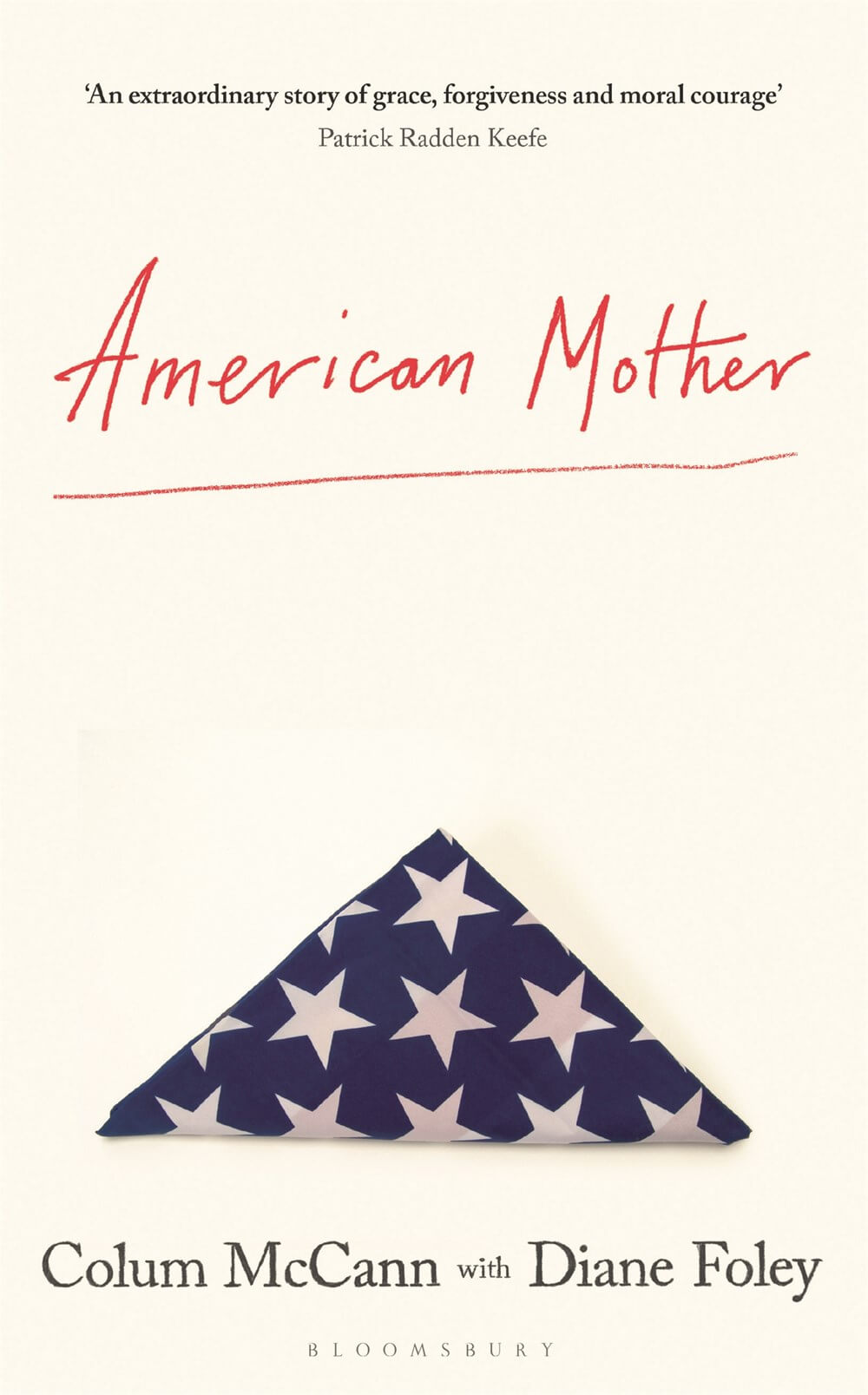Address change to reviews.pivic.com
This site is changing its address.

Colum McCann wrote a book, Apeirogon, a masterpiece. It’s about two men, one Palestinian and one Israeli, whose daughters both were killed. It went into their lives in ways that opened the men up to each other, for each other, and bettered the lives of countless readers.
This time, McCann writes Diane Foley’s story about her life, mainly about her son, James Foley, who was murdered by Islamic State.
The book starts with Diane Foley meeting Alexanda Kotey and El Shafee Elsheikh, two persons who hwere part of a terrorist cell that tortured and murdered James Foley.
The start of the book is where McCann shines as a writer: simple paragraphs that take some emotional unfolding.
Others have said that it is courageous of her to meet with him, that she is doing something extraordinary. But it isn’t bravery, she doesn’t think of it as that, no, not at all. Nor is it an act of grace or forgiveness. No. Perhaps it is just a refusal to be scared. Perhaps it is a way to say that you have not really killed my son.
There is much to unfold. Imagine meeting one of the people who tortured your son.
It is important that she knows it was done under the auspices of war. He was doing what he was told. “Everything I did,” he says, “I did without malice.” She knows he is lying. Minimal admission. Minimal remorse. Designed and tailored for just enough truth. And yet there is something there—Diane can’t tell what— hovering beneath the lies, another skin, another version of the truth, something visceral, something graspable, something to stretch towards.
She has heard from the prosecution and from former hostages that Emwazi was the most brutal of all, but that Kotey was not far behind. Exceptionally cruel was the language. The waterboarding. The starvation techniques. The chokeholds. The electric shocks. The psychological torture. The mock crucifixions. He claims that he only beat Jim twice, but the notion is doubtful, pathetic even, given all that she knows from the European hostages who managed to get home. They have said that Jim was treated the worst of all. He was subjected to continual harm, mental and physical. He was singled out for beatings.
This man here, she thinks. Not four feet away. He beat my son. He participated in the execution. Right here. In front of me. She can almost feel his breath drifting across the table. He bows his head and murmurs as if towards the ground. “Emwazi had it out for James,” he says, still staring down. It is a good trick that, she thinks: deflect the guilt, blame the dead. Mohammed Emwazi. Vaporized in a U.S. drone attack almost 22 six years ago. A monster, yes. But a convenient monster now.
McCann doesn’t inject context by describing atmospheres nor surroundings. He transmits what was spoken and took place.
The book goes into a different mode after the start, from where Foley tells of how she first learned of the death of her son.
There was my son—or someone who looked like my son—with his bloodied head upon his back. I didn’t cry, didn’t even turn my head away from the horror. This had to be photoshopped. A cruel prank.
Then, late in the evening, suddenly, and not suddenly, it became horribly true. President Barack Obama announced on the news that Jim had been beheaded by ISIS in Syria, and nothing—not the birds outside, not the sunlight, not the dripping faucet, not the dark—none of it could rescue us from the flood of grief. The ache inside cannot be described except by its own pain. I was sundered, torn apart. Nothing had ever felt even remotely like this. Nothing. The pulverizing shock of hatred’s power.
We had still not received a phone call from any government official, and yet here was our president on the television announcing it to the world.
We send drones out into the world. For this we pay many millions of dollars—in fact the common Predator drone that the military used in Afghanistan and Iraq came, at that time, to $40 million per system. That’s a lot of money. Our policy is that we know they might not come back. We accept that loss. But we do not want to negotiate for our living souls.
Everything good, once begun, lasts. Nothing ever truly ends.
Some of the most remarkable moments of this book were scene bookends, parts where Foley summed up what had just happened. Others were felt in conversations where the most mundane-sounding sentences shocked me. When Foley first met her son’s torturers, they felt still, caught in the ‘we could only follow orders’ headspace; after time, speaking with Foley, they dropped their guards and, i think, started to realise what they had done. co
She had told Kotey, just before she left, that she would keep him in her prayers and that maybe he too could keep Jim in his own prayers. Then she rose and bid him goodbye. Seven years. It was time to heal. Time to tell her story.
The first part of the book is, to myself, the best-told and most wondrous part of the book. The rest is more Hollywoodesque in style, and I mean no disrespect; where Apeirogon reached unknown heights, American Mother is far more expected, from an American angle. It’s worth reading mainly for the powers of redemption and forgiveness that are on display.
